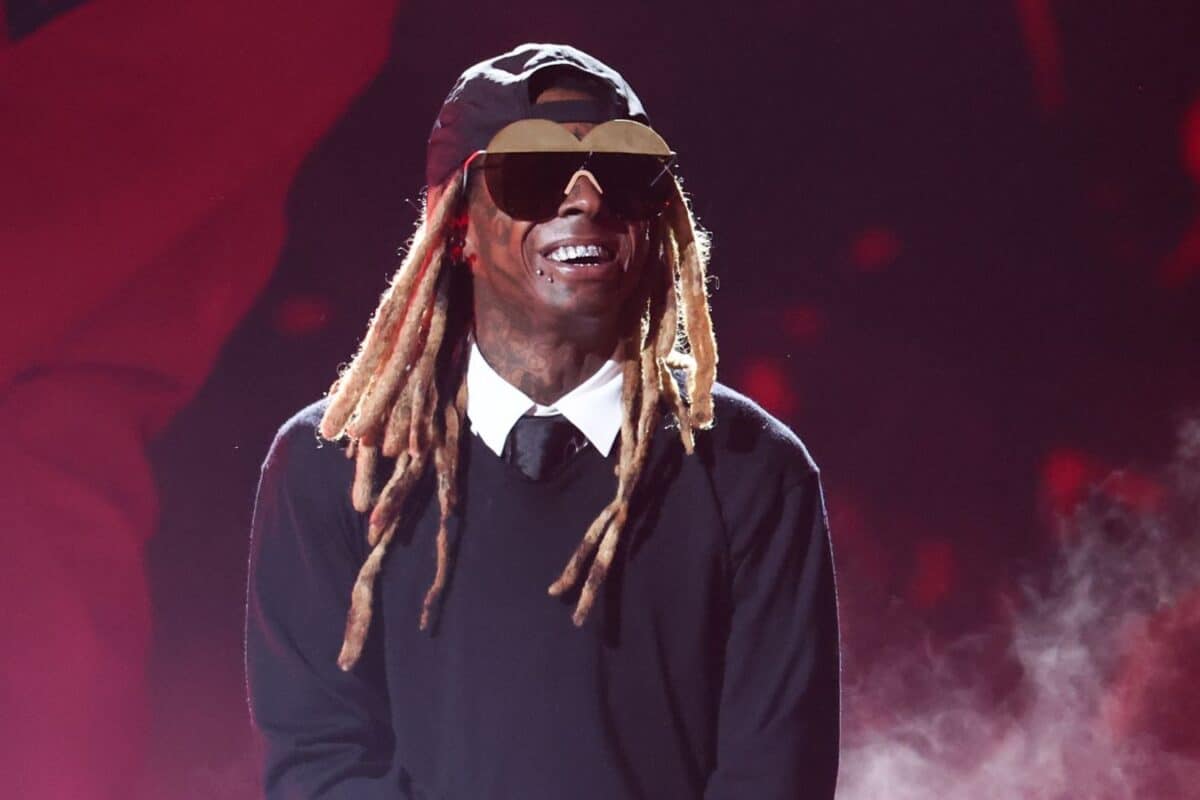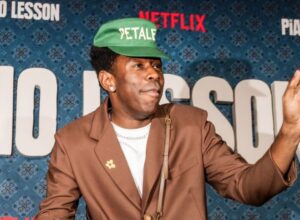Ghostface Killah recently dropped a bombshell during a discussion on Disrespect Radio, revealing the hefty price tag attached to a Lil Wayne feature. The Wu-Tang icon reached out to Wayne’s team for a verse on his latest project, only to discover what it might cost.
When Ghostface Killah approached Lil Wayne’s camp for a collaboration, he was met with a staggering figure. According to the rap legend, the cost for a guest verse from Wayne was set at around $150,000. The steep price tag left Ghostface pondering whether he should attempt to tackle the verse himself instead.
“We tried to reach out to Wayne,” Ghostface explained about his intentions for Supreme Clientele 2, adding, “from what I’m hearing, it might night have been him. They asking for like $150,000. I’m like you know what man, just knock it out yourself. That’s rap shit, n-ggas be talk talk talk. It’s the worst.” Clearly, even legends in the industry sometimes face insurmountable financial hurdles.
Meanwhile, Ghostface has been stirring the pot with other revelations from the past. He recently claimed that Diddy played a significant role in preventing Wu-Tang Clan’s music from hitting New York’s radio waves during the late ’90s. According to Ghostface, he learned from RZA that Diddy admitted to blocking their records, saying it was a move that dramatically changed the trajectory of their reach.
During an appearance on The Bootleg Kev Podcast, Ghostface recalled a critical decision he had to make while touring with Rage Against the Machine in 1997. They faced a dilemma: either continue gaining exposure with the tour or prioritize their hometown appeal and return. Ultimately, the choice to prioritize hometown loyalty cost them potential radio play.
Ghostface remembered the Summer Jam incident where their criticism of Hot 97 led to a drastic fallout. “When we left and did the Hot 97… Shit was a disaster. They cut our records off that day, they didn’t play no Wu shit no more,” Ghostface recounted. This controversial move put a damper on their momentum, but it also underscored the challenges artists face in the ever-competitive music industry.
Moreover, the rapper expressed his frustrations over their single “Triumph” not receiving the radio love it deserved, signifying how powerful figures can influence an artist’s success. It raises questions about how the music landscape might have shifted if such barriers hadn’t stood in the way. Still, Ghostface remains vocal and reflective about these pivotal moments in his career.
Ghostface Killah’s anecdotes highlight both the financial and political hurdles artists face to break through. From costly features to having their music blocked, these stories emphasize the struggles even established artists navigate. Despite the challenges, Ghostface’s determination in facing these obstacles speaks volumes about his persistence and passion.








